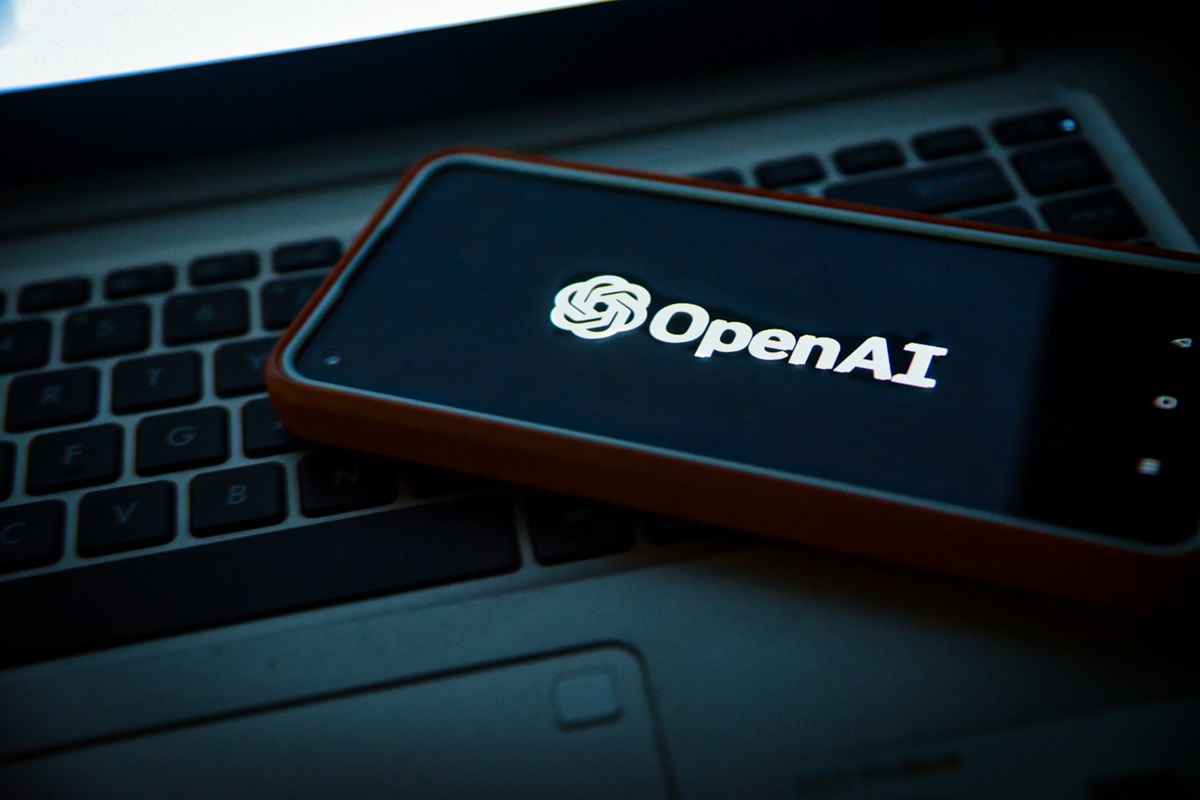The media reported that OpenAI is taking additional measures to restrict China’s access to artificial intelligence software.

The mentioned solution is consistent with the existing policy of the specified company to block users outside the territory that the firm supports.
OpenAI, backed by Microsoft, as reported by the media, sent out memos to developers in China about its intentions to begin implementing measures to block them. In this case, it means restricting access to the company’s tools and software. The implementation of the relevant measures will begin next month. This information was made public by the media with reference to messages posted by users of social media platforms.
Currently, in China, players in the local technology sector, including Alibaba Group Holding Ltd. and Tencent Holdings-backed Zhipu AI, have released notices urging developers to start using their own products.
An OpenAI spokeswoman on Tuesday, June 25, said that now the company is taking additional measures aimed at blocking API traffic from regions where the firm does not support access to its services.
Currently, ChatGPT developer’s digital products are available to users in dozens of countries. In those regions that are not included in the kind of service area provided by OpenAI, access may be blocked or suspended. The relevant actions are provided for by the company’s guidelines.
At the same time, in China, users have had access to products and services included in the OpenAI digital ecosystem for a long period. The decision to block them has not been made for a long time and only now the company has announced its intention to implement the appropriate action.
In May, OpenAI reported that it had stopped at least five covert influence operations over the past months. In this case, the practice of using the company’s products to manipulate public opinion was suppressed.
It is also worth noting that OpenAI’s actions to restrict access to its functional solutions in China are consistent with one of the aspects of the current policy of the United States towards the Asian country. In this case, Washington’s seeking to limit Beijing’s access to advanced artificial intelligence technologies is implied.
OpenAI is not officially present in China. At the same time, local developers gained access to the company’s tools through virtual private networks and other means.
Currently, there is a kind of large-scale desire in the Chinese technology sector to develop artificial intelligence models that, in terms of functionality and efficiency, can fully compete with the products of AI firms from the United States. Both such major players of the mentioned sector as Baidu and startups, including, for example, Zhipu, are involved in the relevant process.
Chinese authorities are encouraging local companies to innovate in the artificial intelligence industry. Beijing perceives this advanced technology as critically important for strengthening economic potential and improving military capabilities. At the same time, the United States is seeking to deprive China of access to next-generation technologies.
The US Treasury Department has proposed rules restricting outbound investment in technologies that are critically important from the point of view of national security. This initiative extends to chips and artificial intelligence.
The administration of United States President Joe Biden is aiming to limit Beijing’s ability to develop sensitive technologies that threaten US national security.
Baidu will provide OpenAI users with additional tokens of its flagship Ernie 3.5 artificial intelligence model. Tokens are units of text that are processed by machine intelligence configurations.
Alibaba Cloud will also offer free tokens and migration services to OpenAI users through its artificial intelligence platform. The cost of the AI configuration of this company called Qwen-plus is significantly lower than that of GPT-4. The corresponding statement was made by Alibaba Cloud.
Moreover, Zhipu announced a Special Migration Program for OpenAI users.
As we have reported earlier, OpenAI Buys Enterprise Startup.









